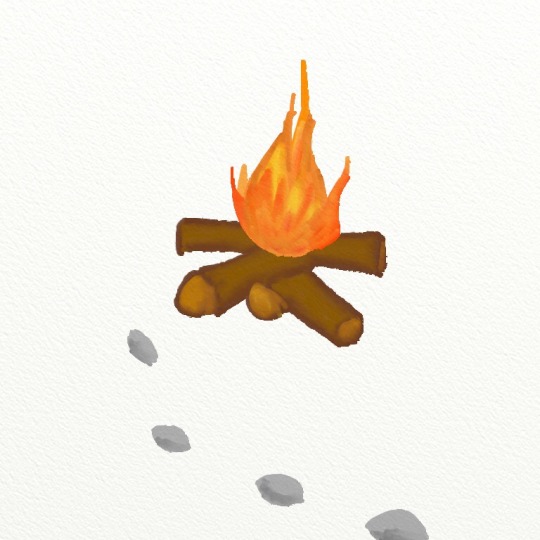Notes from Summa Theologica by St. Thomas Aquinas
1. Argument from Motion
Whatever is in motion is put in motion by another, for nothing can be in motion unless it is in potency to that towards which it is in motion … For motion is nothing else than the reduction of something from potency to act.
A soccer ball on a soccer field has the potential to move and will only move if someone decides to kick, poke, or prod it, or if something else happens that could cause it to move. When that happens, its potential ceases being a potential; it is then an act. It is moving.
Now say, the ball moved because a shoe hit it. The shoe, which is also an object, has moved to cause the ball to move, and that shoe was moved because it was on a foot that moved, and that foot was attached to a leg, which was attached to a hip, and so on. And we can go on past the soccer player who kicked the ball to the what got the soccer player there in the first place (say, his car), and then what got the car to move, and then what caused the car to be given to the soccer player … It would seem it could go on forever, but that is not true. At some point, someone has to have caused the very first object to move. There has to be a first mover, and this mover, everyone understands to be God.
2. Efficient Cause
All efficient causes [follow] in order, the first is the cause of the intermediate cause, the intermediate is the cause of the ultimate cause, whether the intermediate cause be several, or one only … to take away the cause is to take away the effect. Therefore, if there is no first cause … there will be no ultimate.
We can use the soccer example. The ball would not move toward the goal unless it was first moved. It would not be moved if there were no soccer player to move it. As in number one, the first cause is God.
3. Possibility and Necessity
If everything is possible not to be, then at one time there could have been nothing in existence … if this were true, even now there would be nothing in existence, because that which does not exist only begins to exist by something already existing.
It is possible for the soccer player to have been sick the day of the game, so he could not have done the winning kick, but it is also possible for the soccer player to have been there and have not been able to do it at all. It is also possible for the soccer player never to have joined the team in the first place, or that he could never haver been born (because his father was absent from the soccer match where he met his son’s mother).
And so a ton of things could never have been, but since they are, some things had to be for them to exist, for something cannot come from nothing. And since people, animals, the world and everything else do exist, something had to have existed before all of that.
We must admit the existence of some being, having of itself its own necessity, and not receiving it from another [it is necessary to exist in itself, not because of anything else], but rather causeing in others their necessity [makes others necessary].
The soccer player had to exist. He had to be on the field that day. He had to kick the ball. The ball had to get past the goalkeeper. And the one that caused all this to be necessary, the one that caused the soccer player to be born, and his parents to meet, and his grandparents to have existed and lived through the war, the one that cause all these is known as God.
4. Gradation
Among beings there are some more and some less good … according as they resemble in their different ways something which is maximum.
So there could be a good soccer player and a better soccer player, and even a bad soccer player.
An illustration:

The rocks around the fire are in varying degrees of temperature, but the hottest rock is the one nearest the fire, and the maximum heat they could attain is the heat of the fire.
We can compare those rocks to people. The closer we are to the fire, the greater our goodness, the greater what is true and noble in us, the greater our being, and the one that causes us to have our being is God, who is likened to the fire.
5. Governance
Things which lack knowledge … act to an end … and … their acting always, or nearly always, in the same way.
A soccer ball will always move in the dierection it is moved, never in the opposite dierection. The soccer player who kicks it toward the goal will never be surprised by the ball flying toward him, instead of the goal.
They [things which lack knowledge] achieve their end not by chance, but by design. [They] cannot move towards an end, unless it be directed by some being endowed with knowledge and intelligence; and this being we call God.
I do not mean that the soccer player is God, but that the being behind everything, the one who directs all things is God.
(via tumblr)